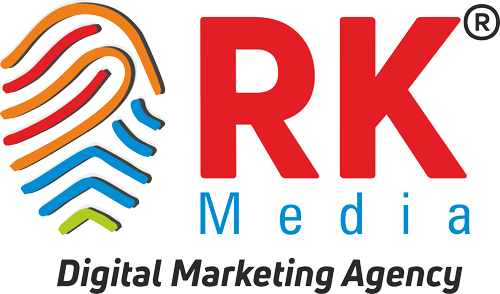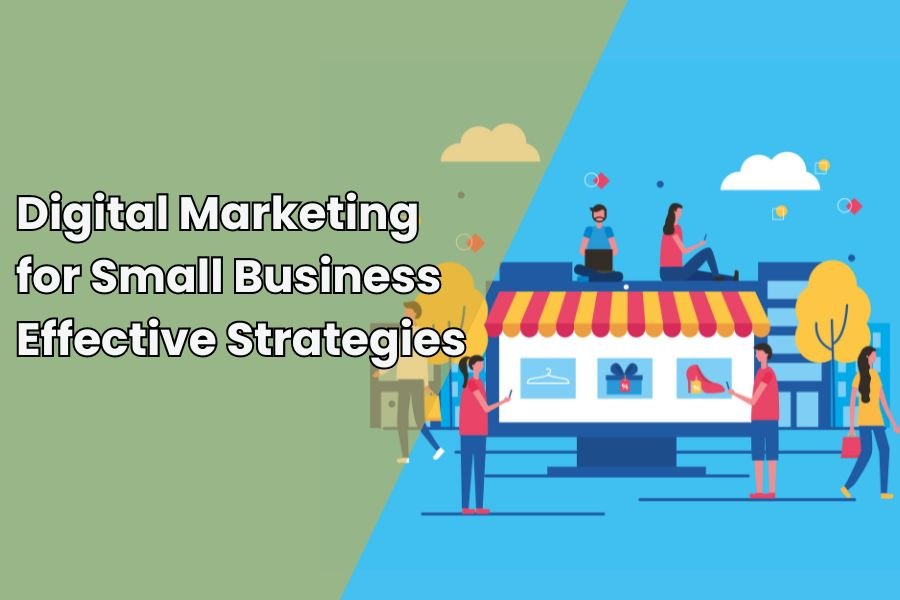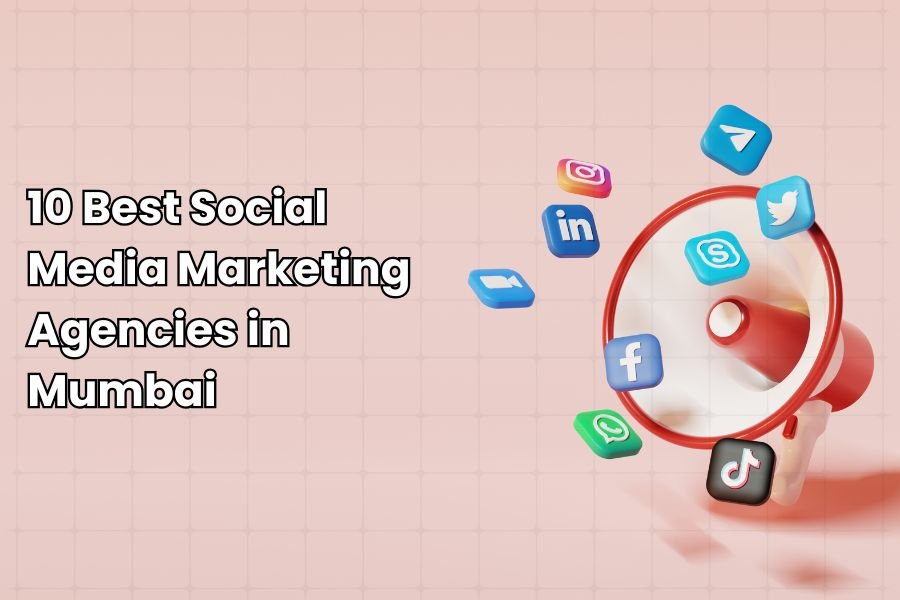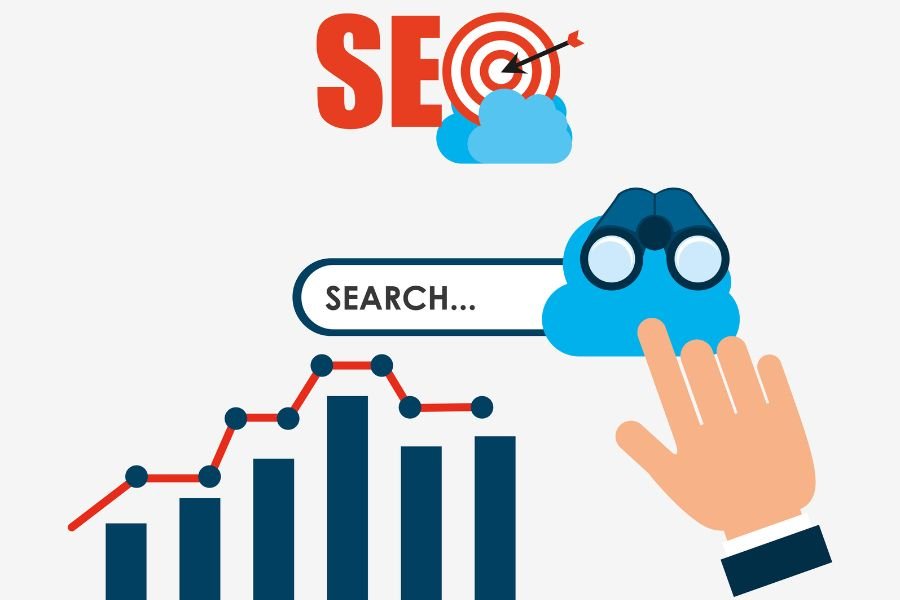Digital Marketing for Small Business: Boost Your Growth
In today’s digital age, having a strong online presence is crucial for any business, especially for small businesses that are looking to grow and compete with larger companies. Digital marketing offers small businesses the tools and strategies to reach a wider audience, engage with customers, and ultimately drive more sales. However, navigating the world of digital marketing can be challenging, especially with limited resources. This article explores the benefits of digital marketing for small businesses and provides practical strategies that can help you succeed.
Benefits of Digital Marketing for Small Business
Digital marketing offers numerous advantages for small businesses. One of the most significant benefits is its cost-effectiveness. Traditional marketing methods, such as print ads and TV commercials, can be expensive and often out of reach for small businesses with limited budgets. Digital marketing, on the other hand, allows small businesses to reach their target audience at a fraction of the cost. Whether it’s through social media, email marketing, or search engine optimization (SEO), digital marketing provides cost-effective solutions that deliver measurable results.
Another key benefit of digital marketing is its ability to increase reach and brand visibility. With digital marketing, small businesses can reach a global audience, something that would be impossible with traditional marketing alone. By utilizing online platforms like social media and search engines, small businesses can ensure that their products and services are visible to potential customers who are actively searching for them.
Moreover, digital marketing fosters better engagement and interaction with customers. Unlike traditional marketing methods, which are often one-sided, digital marketing allows for two-way communication between businesses and their customers. Through social media, email, and online reviews, small businesses can engage with their audience, gather feedback, and build strong customer relationships.
Understanding Your Target Audience
One of the most critical aspects of digital marketing for small businesses is understanding your target audience. Knowing who your customers are and what they want is essential for creating effective marketing strategies. Start by identifying your ideal customer profile. Consider factors such as age, gender, location, interests, and buying behaviour. This information will help you tailor your marketing efforts to meet the specific needs and preferences of your audience.
Conducting market research is another crucial step in understanding your target audience. Use tools like surveys, focus groups, and online analytics to gather data about your customers. This research will provide valuable insights into their preferences, pain points, and decision-making processes. By understanding your audience, you can create more personalized and targeted marketing campaigns that resonate with them and drive better results.
Target Existing Customers
While attracting new customers is important, it’s equally crucial to focus on your existing customers. Targeting existing customers can be more cost-effective than acquiring new ones, as they are already familiar with your brand and products. Moreover, retaining current customers can lead to repeat purchases, referrals, and increased customer loyalty.
To target existing customers, consider implementing upselling and cross-selling strategies. Upselling involves encouraging customers to purchase a higher-end product or an additional service, while cross-selling involves offering complementary products. For example, if you own a small bakery, you could upsell by offering premium cakes or cross-sell by suggesting customers purchase coffee with their pastries.
Personalization is another powerful tool for targeting existing customers. Use customer data to send personalized emails, offer exclusive discounts, or recommend products based on their previous purchases. Additionally, consider implementing a loyalty program that rewards repeat customers with discounts, special offers, or points that can be redeemed for future purchases.
Competitor Research
Understanding what your competitors are doing can provide valuable insights that can inform your digital marketing strategies. Competitor research involves analyzing your competitors’ digital marketing efforts, identifying their strengths and weaknesses, and finding opportunities for your business to stand out.
Start by identifying your main competitors and analyzing their online presence. Visit their websites, follow them on social media, and subscribe to their email newsletters. Pay attention to the types of content they produce, the keywords they target, and the engagement they receive from their audience. This research can help you identify gaps in your own digital marketing strategy and areas where you can differentiate your business.
For instance, if your competitor is not active on a particular social media platform, you could focus your efforts there to reach an untapped audience. Similarly, if you notice that your competitor’s website is not optimized for mobile users, you can prioritize mobile optimization for your own site to gain an advantage.
Building a Strong Online Presence
A strong online presence is the foundation of digital marketing for small businesses. Your website is often the first point of contact between your business and potential customers, so it’s essential to make a positive impression. Ensure that your website is user-friendly, easy to navigate, and optimized for search engines. A well-designed website with clear calls to action can significantly increase conversions and drive more sales.
Search engine optimization (SEO) is a critical component of building a strong online presence. SEO involves optimizing your website’s content and structure to rank higher on search engine results pages (SERPs). By targeting relevant keywords, such as “digital marketing for small business,” you can attract organic traffic from users who are actively searching for your products or services. Additionally, consider implementing local SEO strategies to attract customers in your area. This includes creating a Google My Business profile, optimizing for local keywords, and encouraging customer reviews.
Social media platforms are also essential for building an online presence. Choose the platforms that align with your target audience and business goals, and create engaging content that resonates with your followers. Consistency is key when it comes to social media, so make sure to post regularly and interact with your audience.
Content Marketing for Small Business
Content marketing is a powerful tool for small businesses looking to establish authority, build trust, and engage with their audience. The key to successful content marketing is producing high-quality content that is relevant, informative, and valuable to your target audience.
Blogging is one of the most effective content marketing strategies for small businesses. By regularly publishing blog posts on topics related to your industry, you can drive organic traffic to your website and position your business as an authority in your field. For example, if you run a small fitness studio, you could write blog posts about workout tips, healthy recipes, and wellness advice.
Video marketing is another effective content marketing strategy. Videos are highly engaging and can be used to showcase your products, share customer testimonials, or provide tutorials. Additionally, email marketing remains a valuable tool for small businesses. By sending regular newsletters, promotions, and updates, you can keep your audience informed and encourage repeat business.
Finally, consider leveraging user-generated content to build trust and credibility. Encourage your customers to share photos, reviews, and testimonials on social media, and feature this content on your website and social media channels.
Cost-Effective Advertising Strategies
Advertising can be a significant expense for small businesses, but digital marketing offers several cost-effective options that can deliver a high return on investment. Pay-per-click (PPC) advertising is one such option. With PPC advertising, you only pay when someone clicks on your ad, making it a cost-effective way to drive traffic to your website. Platforms like Google Ads allow you to target specific keywords and demographics, ensuring that your ads are seen by the right audience.
Social media advertising is another cost-effective strategy. Platforms like Facebook, Instagram, and LinkedIn offer advanced targeting options that allow you to reach your ideal customers. Whether you’re promoting a product, running a sale, or building brand awareness, social media ads can help you achieve your goals without breaking the bank.
Remarketing is another valuable advertising strategy that can help you re-engage past visitors who didn’t convert. By showing targeted ads to users who have previously visited your website, you can remind them of your products and encourage them to complete their purchase.
Leveraging Analytics for Better Decision Making
One of the greatest advantages of digital marketing is the ability to track and measure the performance of your campaigns. By leveraging analytics, you can gain valuable insights into what’s working and what’s not, allowing you to make data-driven decisions and optimize your strategies.
Google Analytics is a powerful tool that provides detailed information about your website traffic, including the sources of your traffic, the behavior of your visitors, and the effectiveness of your marketing campaigns. Use this data to identify which channels are driving the most traffic and conversions, and allocate your resources accordingly.
Measuring the return on investment (ROI) of your digital marketing campaigns is also crucial. By tracking metrics such as cost per click (CPC), cost per acquisition (CPA), and customer lifetime value (CLV), you can determine the profitability of your campaigns and make adjustments as needed.
Finally, use data insights to adjust your strategies and improve your results. For example, if you notice that a particular ad campaign is not performing well, consider tweaking the ad copy, targeting, or budget to improve its effectiveness.
FAQs: Frequently Asked Questions
What is digital marketing, and why is it important for small businesses?
Digital marketing refers to the use of online channels, such as social media, search engines, email, and websites, to promote products or services. It is important for small businesses because it allows them to reach a wider audience, engage with customers, and compete with larger companies at a lower cost.
What are the key benefits of digital marketing for small businesses?
Digital marketing offers several benefits, including cost-effectiveness, increased reach and brand visibility, and better customer engagement. It allows small businesses to connect with their target audience, build strong relationships, and drive more sales.
How can I identify my target audience for digital marketing?
Start by creating an ideal customer profile based on factors like age, gender, location, interests, and buying behavior. Conduct market research using surveys, focus groups, and online analytics to gather insights into your customers' preferences and pain points. This information will help you tailor your marketing strategies to meet their needs.
How can competitor research benefit my digital marketing strategy?
Competitor research helps you understand what your competitors are doing well and where they may be lacking. By analyzing their online presence, content, and engagement, you can identify opportunities to differentiate your business and improve your own digital marketing efforts.
WrapUp Thoughts
At RK Media, we understand that digital marketing is crucial for the growth and success of small businesses in today’s competitive environment. By partnering with us, you’ll gain insights into your target audience, establish a robust online presence, and utilize cost-effective advertising strategies tailored to your needs. Staying abreast of the latest digital marketing trends, continuously optimizing your approach, and focusing on delivering exceptional value to your customers is key to achieving your marketing goals. With RK Media’s expertise, your small business can elevate its digital presence and achieve remarkable growth.
Image Reference: Freepik
Disclaimer: All trademarks, logos, and brand names are the property of their respective owners. All company, product, and service names used in this website are for identification purposes only. Use of these names, trademarks, and brands does not imply endorsement

















